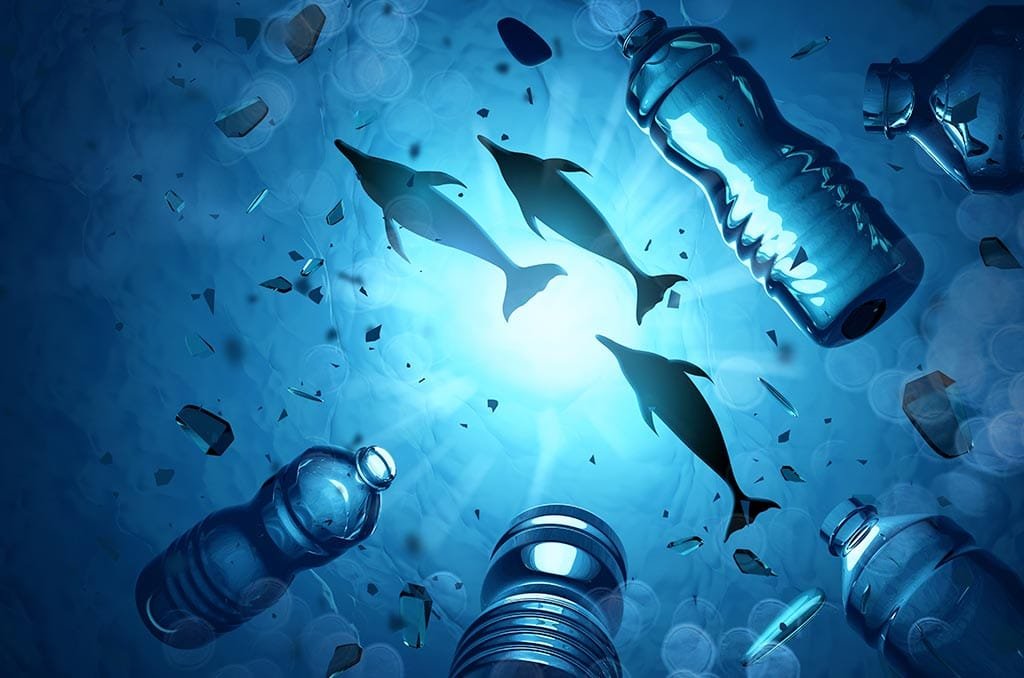Trade law
- Home
- Sustainability Law
- Trade law

Trade Law: Shrimp/Turtle and Tuna/Dolphin Case
A concrete example in the context of protecting biodiversity, or more specifically: of the endangered animal species that are extinct in the wild and that are strongly declining due to international trade, is the American Shrimp / Turtle Case. In this case, the sea turtles, which are endangered species under the Endangered Species Act (ESA), were caught by shrimp fishermen as bycatch. The United States Environmental Protection Agency tried to protect this endangered species. This was done, among other things, by new technology using a patented hatch so that it was possible to catch and harvest shrimp without the sea turtles getting entangled in the process. But also, by means of a trade ban (a restriction based on a processes and production methods (PPM)) of shrimp caught with nets in which the sea turtle could also become entangled. This ban particularly applies to countries that, according to the US government, did not do enough to prevent the killing of sea turtles during shrimp fisheries or did not have a turtle protection regime comparable to that of the United States. Despite the good cause of this ban, four countries, India, Malaysia, Pakistan and Thailand, brought lawsuits against the United States. After all, they had been hit hard by this trade ban. In 1994, the WTO stepped in to allay members’ concerns about shrimp imports and their impact on turtles. Initially, the WTO had decided against the United States at the time due to flawed laws and cooperation with other governments to enact similar laws to protect sea turtle. However, the WTO now supports the American position. Ultimately, it was considered that the preservation of the global environment is important enough that normal access to markets, which the WTO guarantees for its members, can nevertheless be suspended when a country’s exports pose a threat to such preservation.
We are Always Ready to Assist Our Clients
Law & More has at its disposal a dedicated team of multilingual lawyers
Similar to the Shrimp / Turtle Case, the Dolphin / Tuna Case was in the 1970s. In this case, the United States and the public demanded a ban on trawling tuna trawled on the ocean floor in order to protect biodiversity. After all, such unsustainable fishing practices depleted the dolphin population. Tuna sold in the US markets therefore had to be labelled “Dolphin Safe”. However, in this case, too, the option of countries to impose trade requirements to protect endangered species that are extinct in the wild or that are seriously declining due to international trade, was by no means self-evident in connection with protectionism. Contrary to what happened in the Shrimp / Turtle Case, the United States lost the Tuna-Dolphin Case twice. The first was when Mexico opened a dispute. The second was the European Economic Community and the Netherlands. Despite this, companies such as Sunkist and Del Monte Fresh have now adapted the ocean floor trawls for wild-caught tuna.
- Environmental Law
- Environmental Act
- International climate framework
- Climate jurisprudence
- The international sustainability debate
- The European Green Deal
- Emission Allowances
- Innovation
- Biodiversity (CBD)
- Trade in endangered animal and plant species (CITES)
- Consumer law
- Corporate Social Responsibility
- Sustainability clauses in commercial contracts
- Financing
- The Energy Investment Allowance (EIA)
- The cartel prohibition and sustainability
Contacts
Address
De Zaale 11
5612 AJ Eindhoven
The Netherlands
Do you want to know what Law & More can do for you as a Dutch Law Firm in Eindhoven?
Then contact us by phone +31 40 369 06 80 or go to the contact page for more information:




